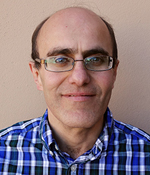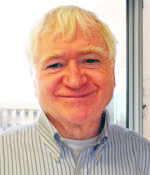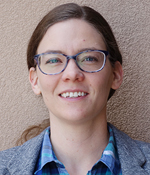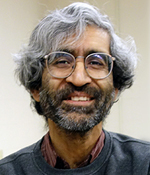Cosmology
Research Program
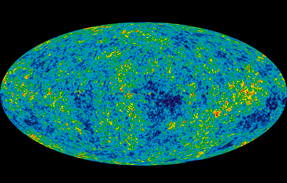
Cosmology
Cosmology is nothing less than the exploration of the origin of the Universe and of its evolution from a primordial soup of elementary particles and energy into all the structure we observe today. Detailed measurements of the cosmic microwave background (CMB), the afterglow from the Big Bang, have revolutionized our understanding of the earliest epochs of our Universe, established the existence of dark matter and dark energy, and mapped in detail the structure of our Universe at its largest scales. This progress has largely been made possible by advances in instrumentation that enabled measurements of minute differences in sky temperature. UNM physics faculties are actively developing and testing novel technologies for the next generation of CMB experiments. They also perform detailed analyses of cosmological data to find clues about the nature of dark matter and search for new physics beyond the Standard Model of particle physics. In parallel, they also explore theoretical ideas that could explain the existence of dark matter and dark energy, the emergence of the matter-antimatter asymmetry, as well as the origin of structure in our Universe. Finally, our physics faculties also develop technology for detecting dark matter directly in the laboratory.

